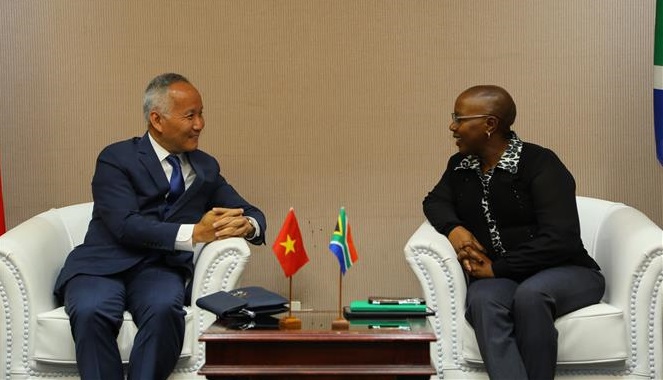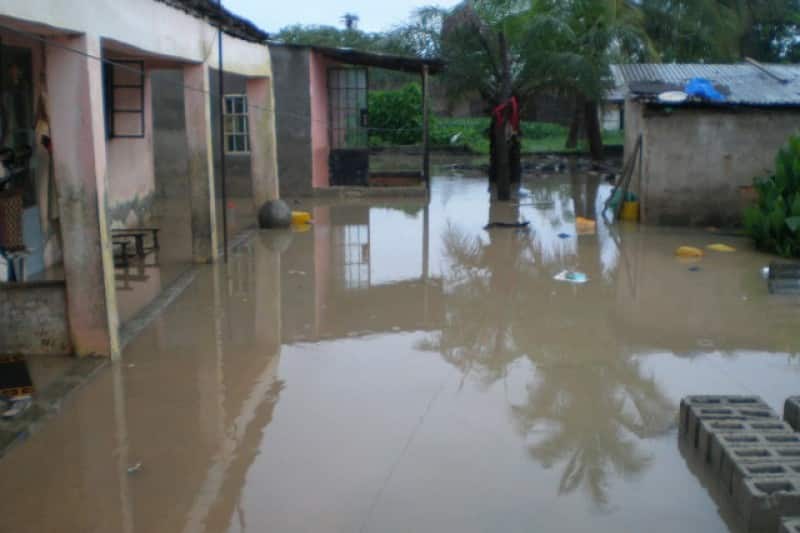Egypt and two other African countries will be benefiting from a project dubbed “Technology-enabled Open School for All” project meant to transform the future of schools’ systems and learning through the digital economy.
The project is a joint one by the United Nations Educational, Scientific and Cultural Organisation (UNESCO) and Huawei.
UNESCO Assistant Director-General for Education, Mrs Stefania Giannini while addressing a side event about the project at the COP 27 climate change conference in Egypt, said the harnessing of technology and changing education models was imperative.
She noted that the partnered project could help Ghana and other countries re-think and build a new generation of schools and learners considering the increasing challenges youth face and the risk caused by climate change.
The event, dedicated to a partnership developed by the UNES-CO Education sector with Huawei and the Ministries of Education of Egypt, Ethiopia and Ghana, also presented preliminary results of the open schools in the three African countries.
On her part, the Head of Huawei’s TECH4ALL programme, Mrs Catherine Du said “aiming to leave no one behind in the digital world, enabling equity and quality in education is one of four focused domains in Huawei TECH4ALL digital inclusion initiative.”
“Moreover, we believe that ICT is a key enabler for a greener world with approaches like reducing carbon emission, renewable energy, circular economy and conserving nature with technology”, she added.
Commenting on the value of the UNESCO-Huawei project, Dr Reda Hegazy, Egyptian Minister of Education and Technical Education said “it is closely aligned with the general orientation of the needs and issues of the Egyptian state”.
“I would like to emphasize the critical need for collaborative efforts among all stakeholders to ensure not only equitable access to educational resources but also to fulfil social obligations towards students,” Dr Hegazy added.
Working with more than 20 different partners, TECH4ALL’s education program has helped connect schools, promote digital skills, and support STEAM curriculum to K12 students and teachers in more than 400 schools globally as well as unemployed young people and elders.


